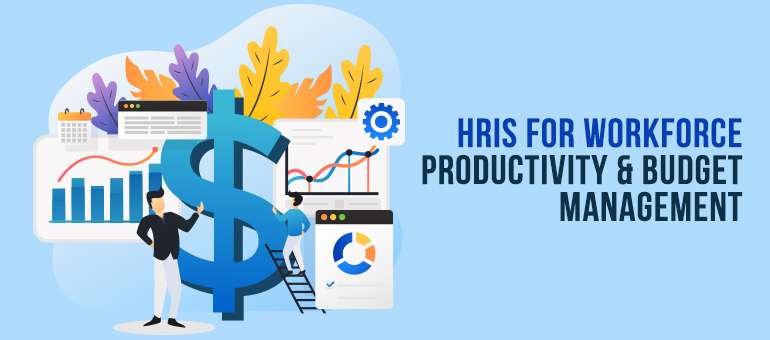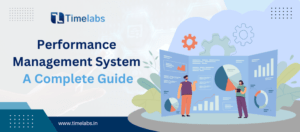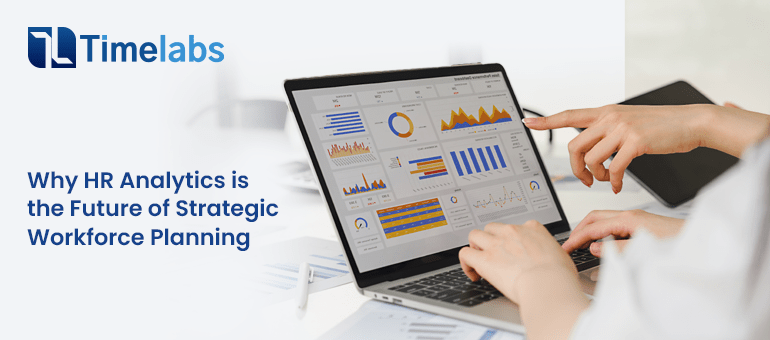Lately, information technology has impacted nearly every aspect of the contemporary world, as well as organizational procedures, consisting of HRM processes and practices. From a role related to administrative management, HRIS has effectively emerged out as a strategic associate of agencies, mainly due to the usage of technologies. It has changed human resource methods and practices especially by transforming the way businesses collect, preserve, use, and disseminate data. Information systems have elevated the efficiency of HRM by incorporating more proactive recruitment processes, organizational communication, worker involvement, and improved abilities of HR managers. According to Josh Bersin, Employee Experience (EX) has become a priority in business as it largely contributes to workforce utilization and budgetary goals. An efficient HRIS can serve all of it most resourcefully.
What is an HRIS?
A human resources information system (HRIS) is an autonomous or SaaS-based software program created to aid HR departments in dealing with people, guidelines, and processes. HRIS solutions include data entry, data tracking, data analysis, and data-associated skills to deal with a wide variety of human resources department requirements. It consists of recruitment, tracking, onboarding, payroll and accounting, leave and attendance, performance management, and compliance.What Does an HRIS do?
An HRIS allows organizations to arrange and manage HR-associated data. These would possibly consist of:- Onboarding files for personnel, in addition to resumes and applications, gathered from potential hires
- Employee demographic statistics, which includes a social security number, date of birth, contact details, and more
- Information regarding the worker’s job. That may encompass their job title, the officer in charge, department, and pay
- Payroll records for every worker, consisting of pay rate, pre-tax deductions, direct deposit records, and working hours
- Personnel benefits and rewards
- Leave requests, balances, and scheduling records
- Employee recruitment and resource development
- Performance validation and management
How HRIS Increases Workforce Productivity?
A comprehensive HRIS allows an organization to undertake and budget its HR expenses with greater efficiency. Also, it can enhance performance concerning decision-making. The most important advantage of an HRIS relates to the potential of the software to enhance the productivity of human resources personnel. These software programs are incredibly detailed, and they’re designed to improve and accelerate the efforts of HR personnel in a lot of ways.Helps in Decision-Making –
A source from TalentNow stated that around 72.8% of employers find it difficult to locate relevant applicants for their businesses. In an HRIS database, all records and evaluations are organized in a single place. Also, due to incorporated analysis and reporting skills, an HRIS makes it easier to locate and examine all available HR-associated information. Thereby improving an organization’s capacity to make decisions regarding recruiting, firing, salary, promotions, manpower, turnover and retention rates, and several other employees’ decision-makings.Incorporates better Administration Benefits –
An HRIS system enables an organization to streamline its administration of worker benefits. In a lot of cases, personnel and new hires may also electronically sign up for benefit plans. They might also have the functionality of logging onto the system to observe and upgrade their existing coverage throughout the year, altering status, contact data, and so on as required. A self-serving system permits for benefits to be efficaciously administered with as little manpower as possible, saving the company’s time and money.Reduces Errors –
Most HR responsibilities are incredibly regulated, and due to this, even a minor blunder of a human resources worker ought to bring about significant legal problems or even monetary loss for the organization. When thinking about HRIS benefits for your business, the ability to lessen those and other errors related to human oversight or several other factors may be substantial. Furthermore, additional HRIS benefits include solutions to compliance issues.Other Benefits –
An HRIS system monitored by certified experts who realize technology and HR operational and tactical strategies can manage compliance with federal and state laws, streamline methods for recruitment and selection, and produce analyzes, statistics, and reports. Other benefits of an HRIS program encompass the convenience of use for qualified computer technology experts, the accuracy of data, and the ability to implement HR audits using any aggregate of parameters. The worker and supervisor self-serving functions are incredible approaches to reduce the time of your human resources team members for assignment work and other responsibilities. Employees and executives can find solutions and statistics fast without the requirement of an HR consultant each time.How Does HRIS Manage The Company Budget?
When you appoint an HRIS system, you keep all your data electronically. This can save organization expenses in some ways:- Reduces the time and efforts invested in human resource operations and employee engagement
- Unified HR program served by integrated software modules lead to economies of scope
- Optimizes workforce utility and efficiency as the system simplifies and automates operational management
- It minimizes the need to buy certain equipment, like paper, ink, filing cabinets, and different workplace supplies



